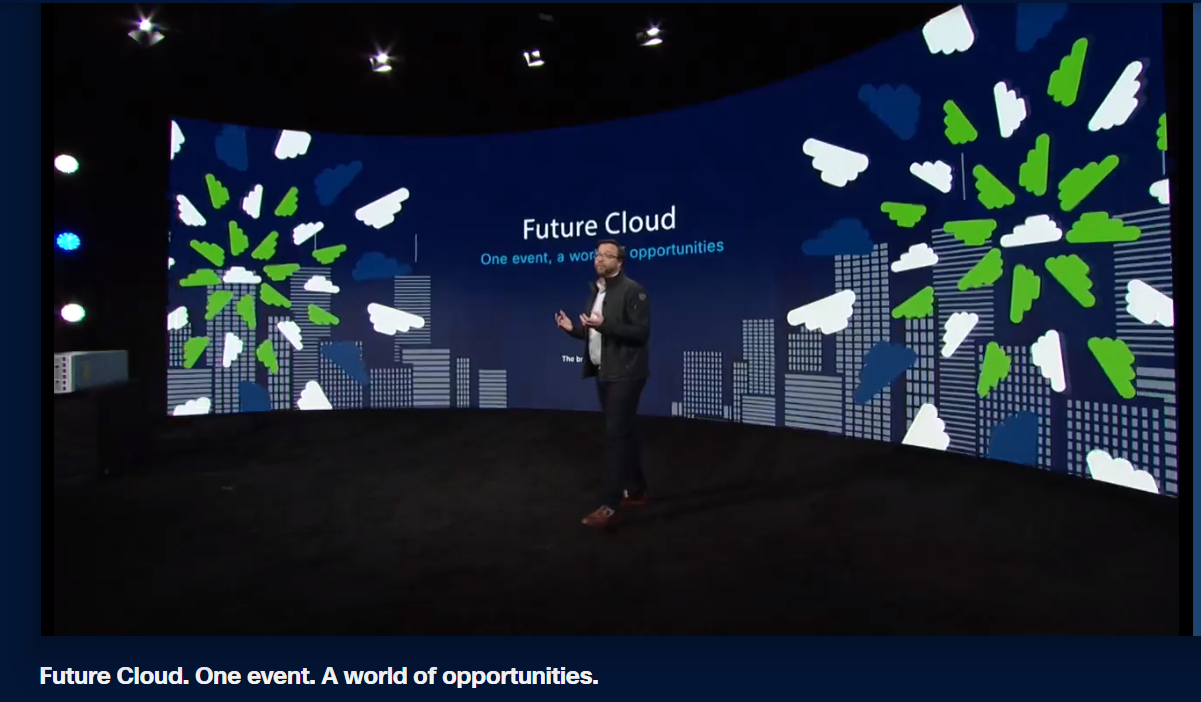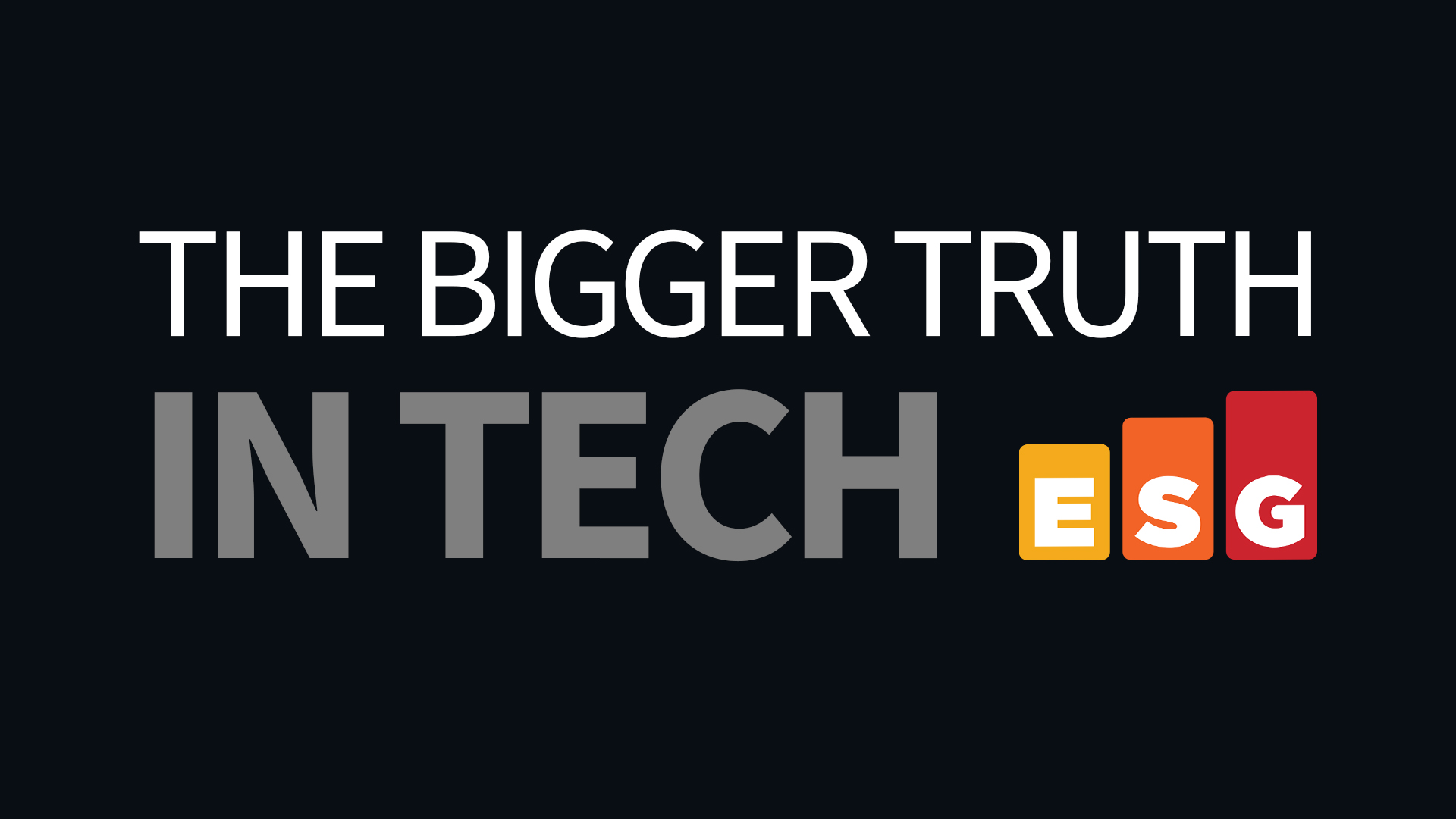Though the cyclical AI lifecycle is riddled with complexity, the last mile of AI is proving to be the greatest challenge for organizations in their quest to leverage AI. Between diverse and distributed application environments, the rate at which growing data sets change and create data drift, and the dynamic needs of the business, several contributing factors lead to organizations suffering from AI deployment challenges. Both new and mature businesses leveraging AI continue to prioritize opportunities to simplify the last mile of AI—deploying AI into production—with a goal of reducing the amount of time it takes to get from trained model to production. This has paved the way for the emergence of technology to better enable businesses to deploy, track, manage, and iterate on a growing number of ML models in production environments.
Insight
-
-
As organizations strive to utilize more data, data lakes are increasingly becoming an attractive option with limitless potential. Data lakes enable organizations to unite disparate data silos and make data more accessible across the business by serving as a centralized repository or collection of data, regardless of shape, speed, or size. Organizations can then leverage a data lake to feed other data-centric tools or utilize tools that sit on top of a data lake to work with the data in-place, such as query optimization solutions that can minimize data movement while enabling improved processing and analysis. And the economic advantages cannot be understated as organizations increasingly leverage cost-effective cloud storage and minimize operating costs through the consolidation of infrastructures silos.
If you’re interested in learning more or would like to discuss these findings with an analyst, please contact us.
-
Listen in as Scott Sinclair and I discuss these two important research topics and capture technology and business insights into the future of the data center.
Distributed Cloud is a connected ecosystem of cloud services, developer-ready infrastructure, and legacy IT that provides consistent operations for modern applications.
Application Infrastructure: The impact of hybrid, multi-cloud, and cloud-native on developer velocity and legacy infrastructure
- How are organizations embracing cloud innovation while dealing with data center reality?
- What’s driving changes to infrastructure and new application architectures?
- Are organizational dynamics helping accelerate success or do they impede progress?
-
 As with any event, Sapphire 2021 was loaded with product launches, updates, and delighted customers who shared how they are working with SAP to better leverage data that can enable them to adapt to a dynamic business environment. At the root of the keynote and breakout sessions was a common theme that likely resonated with most, if not all, attendees and that was the idea of extending the value of working together as a community to the business.
As with any event, Sapphire 2021 was loaded with product launches, updates, and delighted customers who shared how they are working with SAP to better leverage data that can enable them to adapt to a dynamic business environment. At the root of the keynote and breakout sessions was a common theme that likely resonated with most, if not all, attendees and that was the idea of extending the value of working together as a community to the business. -
ESG conducted a comprehensive online survey of IT security professionals from private- and public-sector organizations in North America (United States and Canada) between December 7, 2020 and December 26, 2020. To qualify for this survey, respondents were required to be IT/information security professionals responsible for evaluating or purchasing cloud security technology products and services.
This Master Survey Results presentation focuses on the current and future composition and environments of cloud-native apps and infrastructure, including the security problem space with respect to operational challenges and the threat landscape.
-
In this video, I share my perspectives on VeeamON 2021.
-
 You may not have heard of Observe. It’s a relatively new company, launched in October 2020. Observe has been out selling, gaining customers, and growing market share. Though it’s been less than a year, Observe’s customer base already includes more than 20 tech/SaaS companies, including Topgolf.
You may not have heard of Observe. It’s a relatively new company, launched in October 2020. Observe has been out selling, gaining customers, and growing market share. Though it’s been less than a year, Observe’s customer base already includes more than 20 tech/SaaS companies, including Topgolf. -
 Wi-Fi 6E
Wi-Fi 6EWi-Fi 6E is the latest advancement in Wi-Fi technology, and last year the FCC opened up the 6 GHz band for unlicensed use in the US. What makes this so significant is that the amount of usable Wi-Fi will more than double (due to the amount of RF spectrum available for Wi-Fi).
With Wi-Fi 6E, we should expect to experience less network congestion due to wider channels and faster data rates that can support high-bandwidth applications and use cases—providing a realistic means to help speed innovation.
-
Cloud-based data protection is the new norm according to recent Enterprise Strategy Group research, but many IT professionals are misinformed about the data protection levels SaaS solutions provide—leading to risk.
See the data behind these trends and more with this infographic.
For more information or to discuss these findings with an analyst, please contact us.
-
June is proving to be a busy month in the tech world. Cisco is no exception and has announced a new launch within their portfolio. I had the opportunity to attend Cisco’s Future Cloud event, and I am providing my summary of Cisco’s future direction. They focused on innovation in these main areas:
- Extending observability and automation
- Everything as-a-service
- Accelerating hybrid cloud operations
-
 Cisco held its Future Cloud event today to launch a suite of solutions to enable hybrid cloud environments. This was an important launch for Cisco, as it marks a departure from individual product announcements and delivers a more comprehensive solution that leverages the breadth and depth of the Cisco portfolio to connect, secure, and automate cloud migrations.
Cisco held its Future Cloud event today to launch a suite of solutions to enable hybrid cloud environments. This was an important launch for Cisco, as it marks a departure from individual product announcements and delivers a more comprehensive solution that leverages the breadth and depth of the Cisco portfolio to connect, secure, and automate cloud migrations. -
 I am excited to announce my new podcast, The Bigger Truth in Tech, is now live on Apple podcasts. Check it out!
I am excited to announce my new podcast, The Bigger Truth in Tech, is now live on Apple podcasts. Check it out!

 As with any event, Sapphire 2021 was loaded with product launches, updates, and delighted customers who shared how they are working with SAP to better leverage data that can enable them to adapt to a dynamic business environment. At the root of the keynote and breakout sessions was a common theme that likely resonated with most, if not all, attendees and that was the idea of extending the value of working together as a community to the business.
As with any event, Sapphire 2021 was loaded with product launches, updates, and delighted customers who shared how they are working with SAP to better leverage data that can enable them to adapt to a dynamic business environment. At the root of the keynote and breakout sessions was a common theme that likely resonated with most, if not all, attendees and that was the idea of extending the value of working together as a community to the business. You may not have heard of Observe. It’s a relatively new company, launched in October 2020. Observe has been out selling, gaining customers, and growing market share. Though it’s been less than a year, Observe’s customer base already includes more than 20 tech/SaaS companies, including Topgolf.
You may not have heard of Observe. It’s a relatively new company, launched in October 2020. Observe has been out selling, gaining customers, and growing market share. Though it’s been less than a year, Observe’s customer base already includes more than 20 tech/SaaS companies, including Topgolf.  Wi-Fi 6E
Wi-Fi 6E Cisco held its Future Cloud event today to launch a suite of solutions to enable hybrid cloud environments. This was an important launch for Cisco, as it marks a departure from individual product announcements and delivers a more comprehensive solution that leverages the breadth and depth of the Cisco portfolio to connect, secure, and automate cloud migrations.
Cisco held its Future Cloud event today to launch a suite of solutions to enable hybrid cloud environments. This was an important launch for Cisco, as it marks a departure from individual product announcements and delivers a more comprehensive solution that leverages the breadth and depth of the Cisco portfolio to connect, secure, and automate cloud migrations. I am excited to announce my new podcast,
I am excited to announce my new podcast,